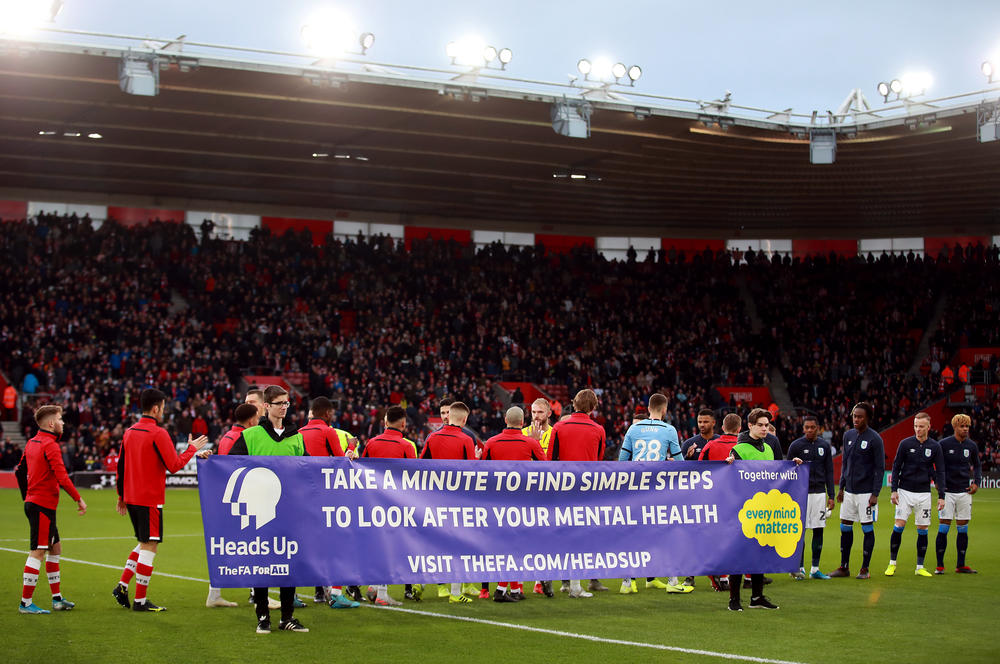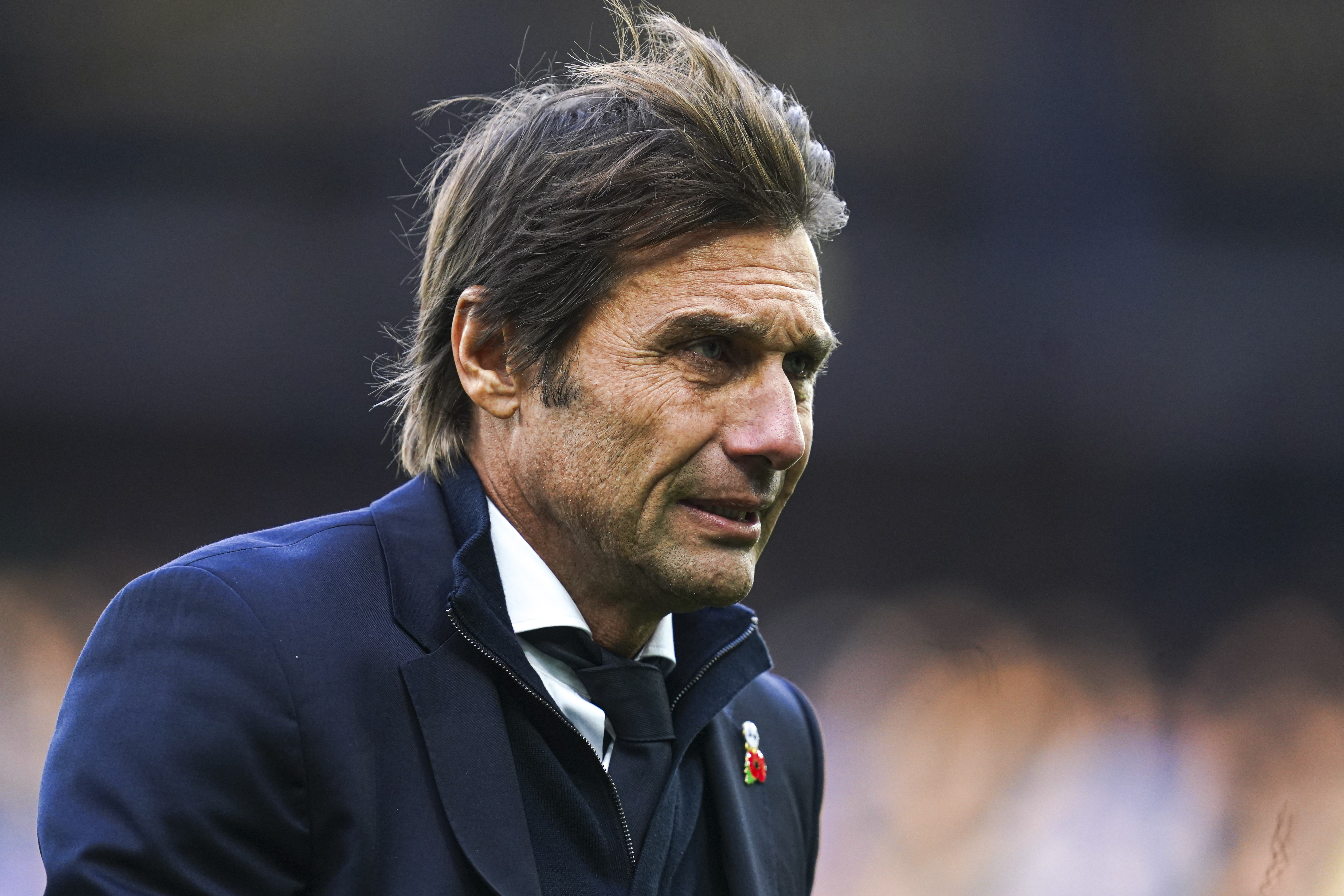Gambling issues a common trigger among footballers seeking mental health help

Problem gambling is “a root issue” behind a significant number of current and former footballers seeking help for mental health issues, according to the Professional Footballers’ Association’s head of welfare.
Record numbers accessed counselling services funded by the PFA Charity in 2019, with the figure of 653 an increase of almost 50 per cent on the previous year’s total.
Fifteen per cent of those PFA members who accessed services presented with gambling addiction, but of the 44 per cent who presented with low mood or anxiety, Michael Bennett said that an issue with gambling was commonly the trigger.
Michael Bennett on why it's so important to have conversations about mental health.— Professional Footballers' Association (@PFA) October 3, 2019
“What we tend to get is players coming forward with stress and anxiety or depression,” he told the PA news agency.
“When we speak to them we talk about stress, anxiety and depression being a symptom of something, you don’t just wake up with it. When you look at the root issue of what is going on, what that then uncovers is that there is a gambling issue, or a footballing issue, that comes out.
“The presenting issue isn’t always gambling, but when you dig a little bit deeper, more often than not the gambling issue comes to the forefront and obviously football stuff.”
Bennett’s comments come in a week where football’s relationship with gambling is again in the spotlight. The Football Association was criticised over a deal it struck with sports media rights company IMG in 2017 which allowed seven betting companies to stream FA Cup matches to customers with active accounts, some of which could not be watched anywhere else.
Get FourFourTwo Newsletter
The best features, fun and footballing quizzes, straight to your inbox every week.
Betting and Gaming Council Members waive exclusive rights to show FA Cup games. Statement by @BrigidSimmondshttps://t.co/USa4GQ0Vhp— Betting and Gaming Council (@BetGameCouncil) January 9, 2020
The deal appeared to jar with the FA’s ‘Heads Up’ mental health awareness campaign, which was promoted ahead of last weekend’s third-round ties.
A resolution appeared to be reached on Thursday afternoon when the companies agreed that the ties it had the rights to could be streamed on a free platform, taking away the requirement to hold a betting account.
Bennett admitted the ease with which players could gamble, and the ubiquity of gambling advertising within the game, combined to make players vulnerable.
“It’s a bit of both, it’s the easy accessibility to gambling – you can click a button and you’re in to virtual gambling, ” he said.
“You’re not handing over cash at a betting shop, you haven’t got any actual money in your hand and I think that’s where the players can get sucked in.
“We’re surrounded by betting firms all around us – shirt sponsors, kit sponsors, stadium sponsors. But it’s about educating players about the gambling issue and looking after themselves around the game.
“It’s a combination of things that account for that figure (of 15 per cent) – it could be boredom, it could be chasing the money, the buzz of it.”
FourFourTwo was launched in 1994 on the back of a World Cup that England hadn’t even qualified for. It was an act of madness… but it somehow worked out. Our mission is to offer our intelligent, international audience access to the game’s biggest names, insightful analysis... and a bit of a giggle. We unashamedly love this game and we hope that our coverage reflects that.

